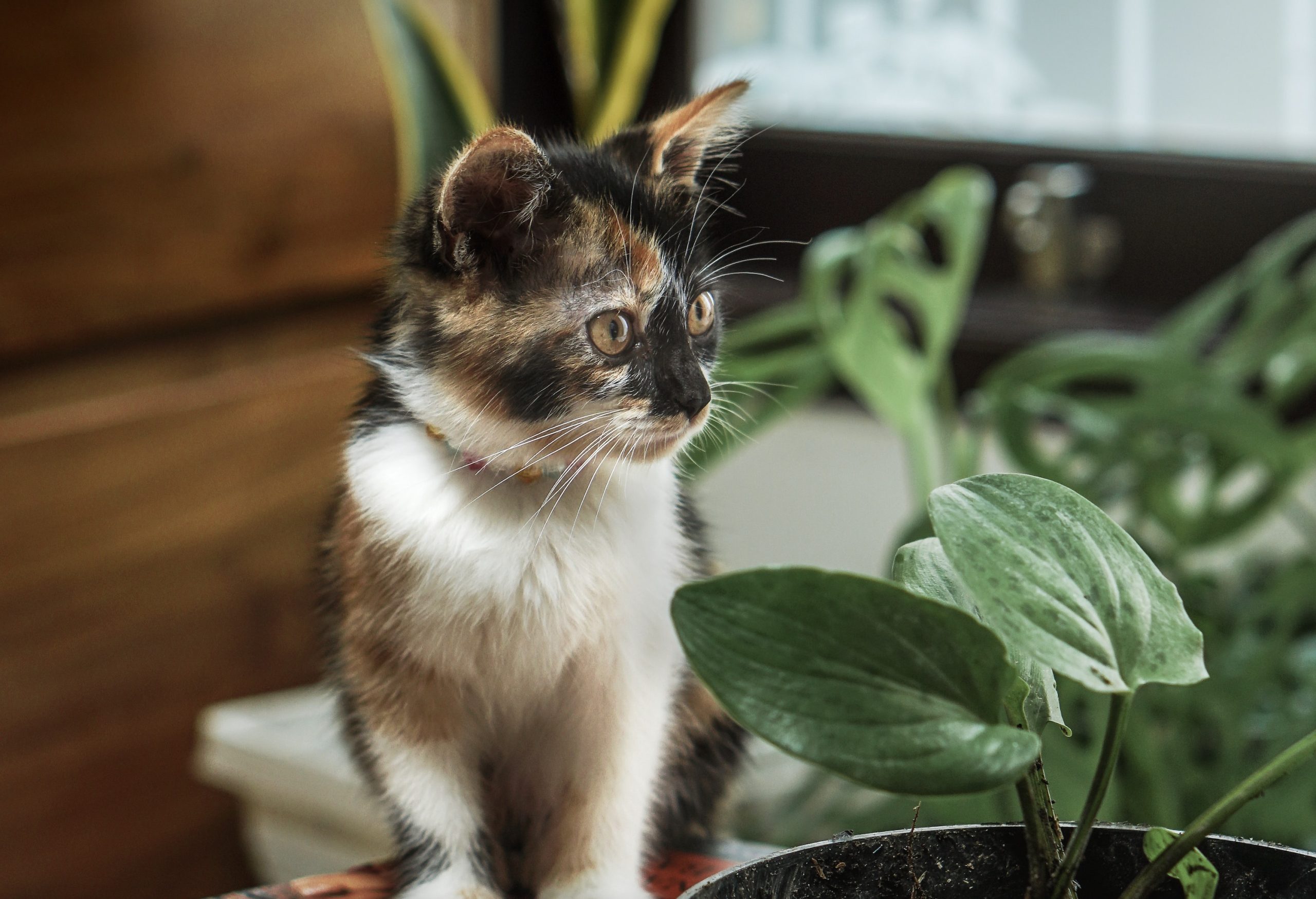Cats are curious creatures, and they often like to chew on plants. However, some plants are poisonous to cats and can cause them to become ill or even die. If you have a cat, it is important to be aware of the plants that are poisonous to them and to keep them out of reach.
Here are some of the most common plants that are poisonous to cats:
- Aloe vera: Aloe vera is a popular houseplant, but it is poisonous to cats. If a cat eats aloe vera, it can cause vomiting, diarrhea, and abdominal pain.
- Azalea: Azaleas are beautiful flowering shrubs, but they are poisonous to cats. If a cat eats azalea, it can cause vomiting, diarrhea, and seizures.
- Castor bean plant: Castor bean plants are poisonous to all animals, including cats. If a cat eats a castor bean, it can cause vomiting, diarrhea, seizures, and even death.
- Christmas tree: The needles of Christmas trees are poisonous to cats. If a cat chews on a Christmas tree, it can cause vomiting, diarrhea, and gastrointestinal irritation.
- Dieffenbachia: Dieffenbachia is a popular houseplant, but it is poisonous to cats. If a cat eats dieffenbachia, it can cause vomiting, diarrhea, and swelling of the mouth and tongue.
- Lilies: Lilies are beautiful flowers, but they are extremely poisonous to cats. If a cat eats any part of a lily, it can cause kidney failure and death.
- Oleander: Oleander is a beautiful flowering shrub, but it is poisonous to cats. If a cat eats oleander, it can cause vomiting, diarrhea, seizures, and death.
- Pothos: Pothos is a popular houseplant, but it is poisonous to cats. If a cat eats pothos, it can cause vomiting, diarrhea, and gastrointestinal irritation.
If you think your cat has eaten a poisonous plant, it is important to call your veterinarian immediately. The veterinarian may induce vomiting or give your cat activated charcoal to help absorb the poison. In some cases, the veterinarian may need to give your cat intravenous fluids or other medications.
The best way to prevent your cat from eating a poisonous plant is to keep them out of reach. If you have any plants that are poisonous to cats, it is best to put them in a room that your cat cannot access. You should also be careful when bringing new plants into your home. Make sure to research the plant before bringing it home to make sure it is safe for your cat.
By being aware of the plants that are poisonous to cats and taking steps to keep them out of reach, you can help to keep your cat safe.
